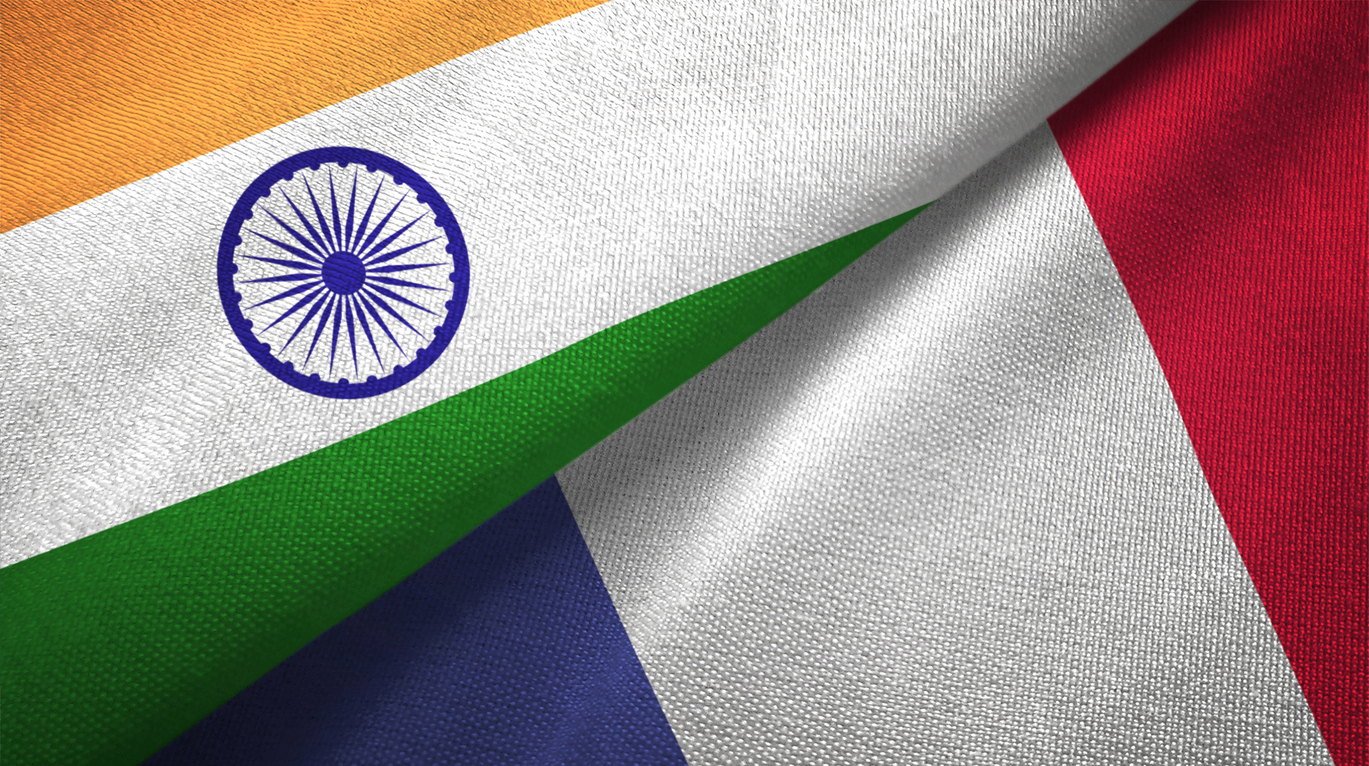
February 13, 2025
Prime Minister Narendra Modi and French President Emmanuel Macron discussed bilateral cooperation while travelling together on the French Presidential aircraft
Both countries agreed to develop nuclear reactors jointly, advance defence cooperation in missiles, submarines, and aircraft engines, and collaborate on projects in third countries
A new roadmap on artificial intelligence was launched, focusing on safe, open, and trustworthy AI development
Defence discussions included progress on Scorpene submarines, missile systems, and a potential French acquisition of India’s Pinaka multi-barrel rocket launcher

During a historic visit to Marseille, Prime Minister Narendra Modi and French President Emmanuel Macron deepened Indo-French strategic ties, agreeing on key collaborations in nuclear energy, defence, and artificial intelligence. The discussions took place on board the French Presidential aircraft, an exceptional diplomatic gesture symbolising the deep trust between the two leaders.
Nuclear energy featured prominently in their talks, with both sides reaffirming its role in energy security and the transition to a low-carbon economy. They acknowledged ongoing cooperation in civil nuclear projects, including the Jaitapur nuclear power plant, and welcomed the first meeting of the Special Task Force on Civil Nuclear Energy. The signing of agreements on Small Modular Reactors (SMRs) and Advanced Modular Reactors (AMRs) was also highlighted, along with an educational partnership between India’s GCNEP and France’s INSTN for training nuclear professionals.
Modi and Macron reviewed longstanding military cooperation in defence, particularly in constructing Scorpene submarines in India. They noted progress in integrating DRDO-developed Air Independent Propulsion (AIP) systems into P75-Scorpene submarines and discussed the potential integration of the Integrated Combat System (ICS) into future P75-AS submarines. The commissioning of the sixth and final submarine of the P75 Scorpene-class project, INS Vaghsheer, was also welcomed.
Missiles, helicopter engines, and jet engine collaborations were key discussion points, with both leaders commending the strong engagement between Safran Group and Indian defence entities. Modi also encouraged the French Army to consider acquiring India’s Pinaka multi-barrel rocket launcher, underscoring its significance in Indo-French defence ties. Additionally, India was invited as an observer in the Eurodrone MALE programme, managed by OCCAR, marking another step forward in their growing defence collaboration.
Artificial intelligence was a major focus, with Modi and Macron launching the India-France Roadmap on AI, built on their shared vision for secure and ethical AI development. They also announced the India-France Year of Innovation, set for March 2026, as a key milestone in technological collaboration.
On global partnerships, both sides initiated the India-France Indo-Pacific Triangular Development Cooperation to support climate and SDG-focused projects in third countries. They also recognised the role of French development agency Proparco in partnering with Indian microfinance institutions for financial inclusion and women’s empowerment. Additionally, the inclusion of 10 Indian startups in the French incubator Station F and the expansion of India’s UPI payment system in France were seen as steps towards strengthening economic ties.
The visit concluded with Modi and Macron jointly inaugurating the Indian Consulate in Marseille, reinforcing diplomatic ties and expanding India’s presence in France.
Source: Indian Express